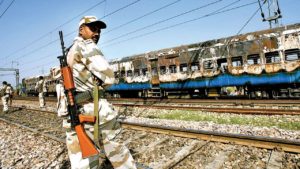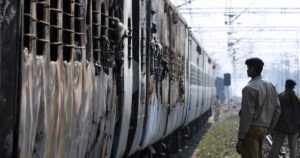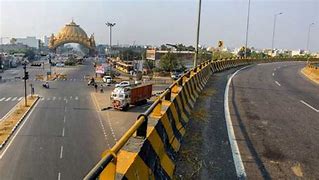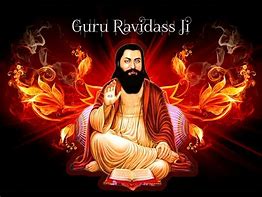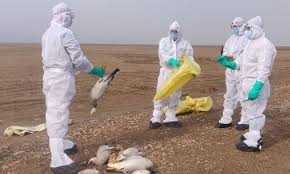Feature
Real Holi for India as Swami Aseemanand acquitted in Samjhauta blast case
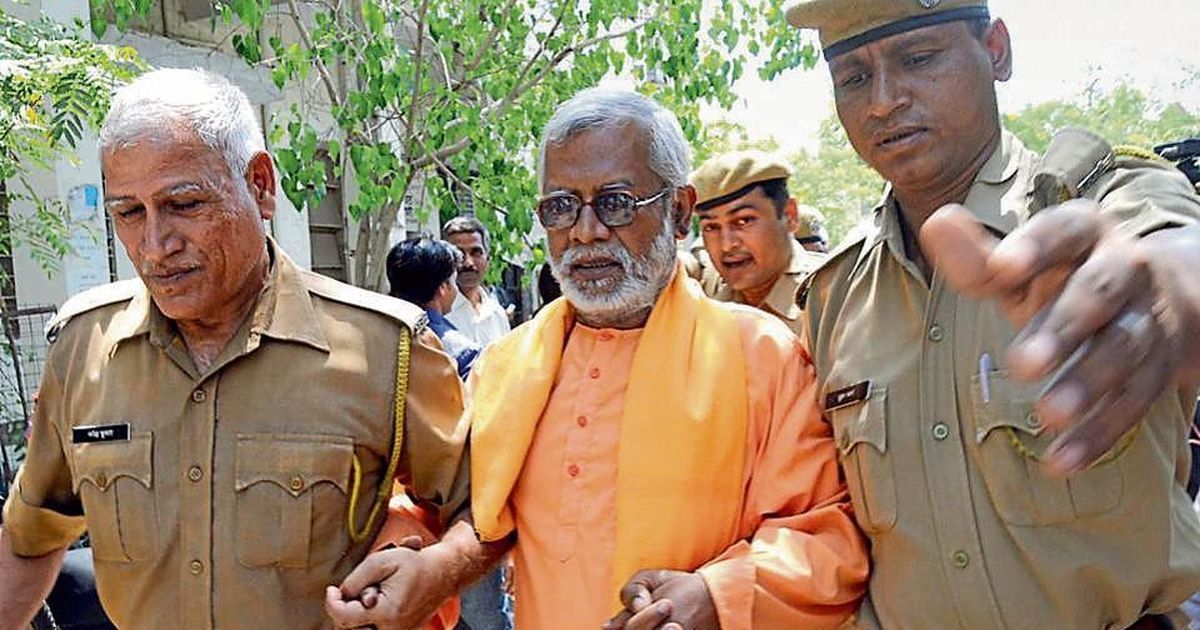
Panchkula: Twelve years after a blast on Samjhauta Express killed 68 people, mostly Pakistanis, a special court on Wednesday acquitted Swami Aseemanand and three others in the case that Islamabad has often cited to counter Indian charges of Pakistan-sponsored terror.
All the four accused, Naba Kumar Sarkar alias Swami Aseemanand, Lokesh Sharma, Kamal Chauhan and Rajinder Chaudhary have been acquitted by the court, NIA counsel Rajan Malhotra said.
Asked if the National Investigation Agency will appeal against the verdict, the counsel said it will study the judgment first. The blast on the India-Pakistan train took place near Panipat in Haryana on February 18, 2007, when it was on its way to Attari in Amritsar, the last station on the Indian side.
Aseemanand, who was already out on bail, and three others, who were in judicial custody were present in the court here when NIA special judge Jagdeep Singh pronounced the verdict.
Before giving the verdict, the judge dismissed the plea filed by a Pakistani woman for examining some eyewitnesses from her country. The court ruled that the plea of the Pakistani woman was devoid of any merit, Malhotra said.
In Islamabad, the Foreign Office summoned the Indian High Commissioner to lodge a protest against the acquittal of all four accused. Pakistan said 44 of the victims were its nationals.
In the past, Islamabad has used the case as a counter to India’s charge that Pakistan harbours terrorists. The blast had ripped apart two coaches of the cross-border train. The Haryana police registered a case, but the probe was handed over to the NIA in July 2010.
The NIA filed a charge sheet in July 2011 against eight persons for their alleged roles in the terror attack. Of the eight, Swami Aseemanand, Lokesh Sharma, Kamal Chauhan and Rajinder Chaudhary appeared before the court and faced trial.
Sunil Joshi, the alleged mastermind of the attack, was shot dead near his home in Madhya Pradesh’s Dewas district in December 2007. The three other accused — Ramchandra Kalsangra, Sandeep Dange and Amit — could not be arrested and were declared proclaimed offenders.
The NIA had charged the accused with murder and criminal conspiracy, and under the Explosive Substances Act and the Railways Act.
Historical day for India as Swami Aseemanand acquitted in Samjhauta blast case:
Aseemanand’s counsel Mukesh Garg said, The court has said that the NIA has failed to prove any of its charges against the accused and the evidence against them was treated as not sufficient. Therefore, the court acquitted them.
There were 299 witnesses in the case and 224 of them were examined. There was not one witness who identified the accused, Garg further said. The accused were implicated in this case under a conspiracy, he added.
Momin Malik, the counsel for Pakistani woman Rahila Wakeel, said he was expecting that the court would defer the matter to the next date even if the plea of his client stood dismissed.
He said he will discuss the verdict with his client before deciding the next course of action.
According to the NIA charge sheet, the accused were upset with terror attacks on Hindu temples Akshardham (Gujarat), Raghunath Mandir (Jammu) and Sankat Mochan Mandir (Varanasi).
They then conspired to seek “revenge”, the NIA argued.
The NIA had claimed the accused were given training in Madhya Pradesh and Haryana’s Faridabad for making bombs and firing pistols.
The NIA charged that Sunil Joshi had planned the attack and the suitcase bombs were planted by Lokesh Sharma, Kamal Chauhan and Rajinder Chaudhary and Amit.
The Samjhauta Express blast was one among the series of three bombings in 2007, with Aseemanand being an alleged link between them. On May 18 that year, a blast in Hyderabad’s Mecca Masjid killed nine people. In October, an explosion in Ajmer’s famed Khwaja Chishti shrine claimed three lives.
Wednesday’s acquittal is his third. In March 2017, he was absolved in the Ajmer case and in April last year, he was acquitted in the Mecca Masjid case.
Entertainment
Meghalaya Reserves Legalized Gambling and Sports Betting for Tourists

The State Scores Extra High on Gaming-Friendly Industry Index
Meghalaya scored 92.85 out of 100 possible points in a Gaming Industry Index and proved to be India’s most gaming-friendly state following its recent profound legislation changes over the field allowing land-based and online gaming, including games of chance, under a licensing regime.
The index by the UK India Business Council (UKIBC) uses a scale of 0 to 100 to measure the level of legalisation on gambling and betting achieved by a state based on the scores over a set of seven different games – lottery, horse racing, betting on sports, poker, rummy, casino and fantasy sports
Starting from February last year, Meghalaya became the third state in India’s northeast to legalise gambling and betting after Sikkim and Nagaland. After consultations with the UKIBC, the state proceeded with the adoption of the Meghalaya Regulation of Gaming Act, 2021 and the nullification of the Meghalaya Prevention of Gambling Act, 1970. Subsequently in December, the Meghalaya Regulation of Gaming Rules, 2021 were notified and came into force.
All for the Tourists
The move to legalise and license various forms of offline and online betting and gambling in Meghalaya is aimed at boosting tourism and creating jobs, and altogether raising taxation revenues for the northeastern state. At the same time, the opportunities to bet and gamble legally will be reserved only for tourists and visitors.
“We came out with a Gaming Act and subsequently framed the Regulation of Gaming Rules, 2021. The government will accordingly issue licenses to operate games of skill and chance, both online and offline,” said James P. K. Sangma, Meghalaya State Law and Taxation Minister speaking in the capital city of Shillong. “But the legalized gambling and gaming will only be for tourists and not residents of Meghalaya,” he continued.
To be allowed to play, tourists and people visiting the state for work or business purposes will have to prove their non-resident status by presenting appropriate documents, in a process similar to a bank KYC (Know Your Customer) procedure.
Meghalaya Reaches Out to a Vast Market
With 140 millions of people in India estimated to bet regularly on sports, and a total of 370 million desi bettors around prominent sporting events, as per data from one of the latest reports by Esse N Videri, Meghalaya is set to reach out and take a piece of a vast market.
Estimates on the financial value of India’s sports betting market, combined across all types of offline channels and online sports and cricket predictions and betting platforms, speak about amounts between $130 and $150 billion (roughly between ₹9.7 and ₹11.5 lakh crore).
Andhra Pradesh, Telangana and Delhi are shown to deliver the highest number of bettors and Meghalaya can count on substantial tourists flow from their betting circles. The sports betting communities of Karnataka, Maharashtra, Uttar Pradesh and Haryana are also not to be underestimated.
Among the sports, cricket is most popular, registering 68 percent of the total bet count analyzed by Esse N Videri. Football takes second position with 11 percent of the bets, followed by betting on FIFA at 7 percent and on eCricket at 5 percent. The last position in the Top 5 of popular sports for betting in India is taken by tennis with 3 percent of the bet count.
Local Citizens will Still have Their Teer Betting
Meghalaya residents will still be permitted to participate in teer betting over arrow-shooting results. Teer is a traditional method of gambling, somewhat similar to a lottery draw, and held under the rules of the Meghalaya Regulation of the Game of Arrow Shooting and the Sale of Teer Tickets Act, 2018.
Teer includes bettors wagering on the number of arrows that reach the target which is placed about 50 meters away from a team of 20 archers positioned in a semicircle.
The archers shoot volleys of arrows at the target for ten minutes, and players place their bets choosing a number between 0 and 99 trying to guess the last two digits of the number of arrows that successfully pierce the target.
If, for example, the number of hits is 256, anyone who has bet on 56 wins an amount eight times bigger than their wager.

